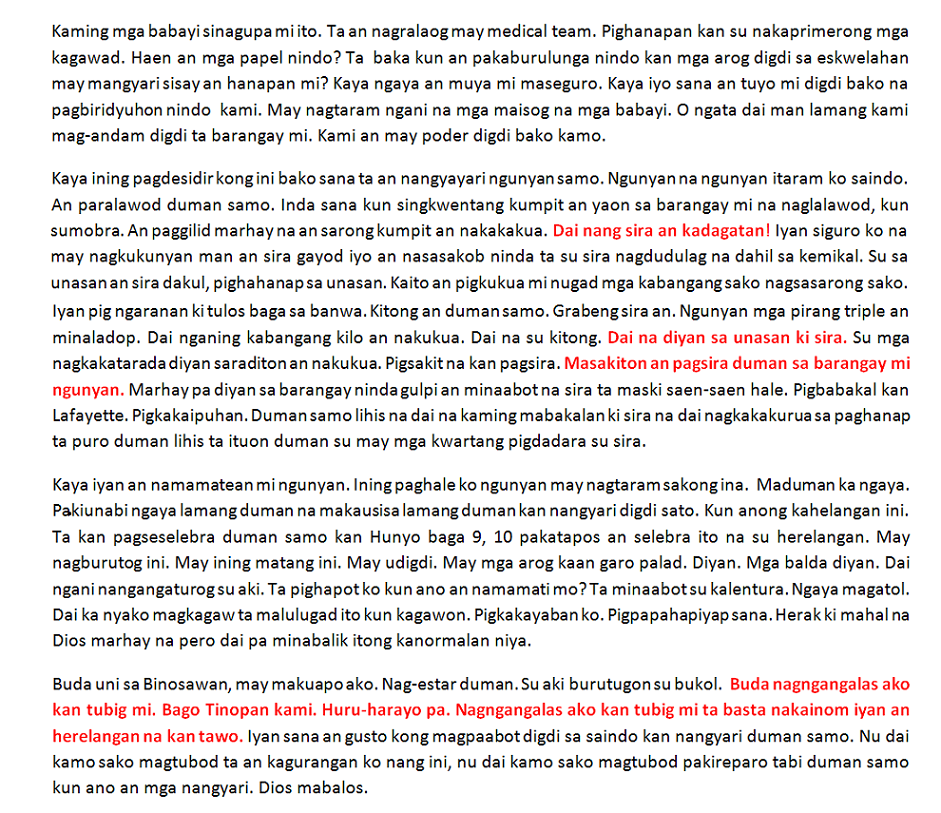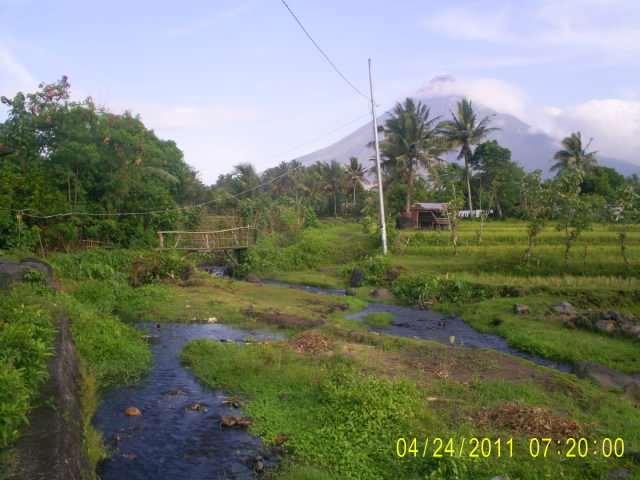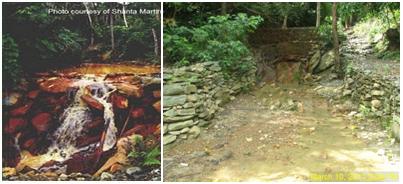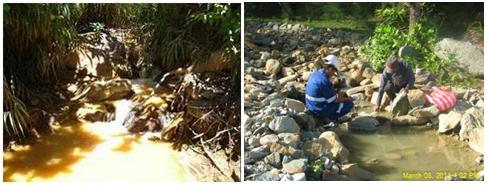Francis N. Tolentino
Manila Bulletin
Wednesday, April 9, 2008
In light of the continuing interest in the mining industry, alongside the trends of globalization, it has been determined necessary that environmental management systems be standardized.
This effort is geared towards the promotion of best environmental practices in the management of mining operations as larger integrated global mining companies emerge and other companies become more specialized mining firms based on specific commodities or activities.
The Mining, Minerals, and Sustainable Development Project (MMSD), a program began in April 2000 and managed by the International Institute for Environment and Development (IIED) based in London, in collaboration with the World Business Council for Sustainable Development, is aimed at "understanding how to maximize the contribution of the mining and mineral sector to sustainable development at the global, national, regional and local levels," and formulating a "clear agenda for global change in the minerals sector…with clear mechanisms for moving forward."
The MMDS Project’s final report, entitled Breaking New Ground (May 2002), included among others the Marcopper Mining Disaster in Marinduque as a case linked to its discussion of Terminal Liabilities (Chapter 14, p.348). In the report it was stated: "A key governance challenge in the minerals sector is the issue of closure costs or long-term liabilities…Sustainable development requires a long-term approach to decision-making. Investment in long-term, durable solutions is unlikely to be made unless the company, the government, and others take responsibility for closure costs and regard them as part of the costs of mining. All too often there is the assumption that someone else will pay – in the future."
In another article entitled "Time to Get Real: The Necessity of Legal Accountability for Responsible Transnational Commerce" (2007), author Reibstein noted that there is as yet no system of international law that effectively holds companies liable for damages that they might cause in other countries. He stresses the need for accountability in a world of international commerce that has virtually no international body to which victims of torts and crimes by transnational entities can appeal. He asserts that the role of government is to create a clear legal framework for the accountability of corporations while the role of corporations is to submit themselves to legal process binding them internationally to principles they already accept when doing business at home.
Considering the overarching impacts of the mining industry as well as the seeming lack of a framework that would clearly define roles and responsibilities, there is indeed urgent need for improved and updated "legislative, regulatory and juridical instruments" in holistically approaching questions relative to the environmental impacts of mining companies. Leaders of local communities should also recognize the need for a better balance between risks and opportunities, putting in mind the sustainable development principles of "maximum human well-being" and "respect and reinforcement of the fundamental rights of human beings, including civil and political liberties, cultural autonomy, social and economic freedoms, and personal security. The issue of strong governance is central, from the commencement of mining activities to the closure of sites. "For good governance to work, there will need for clarity and consistency in how the responsibility for minerals and sustainable development is understood and shared locally, nationally, and globally. Agreed standards and benchmarks will need to be established, together with agreed mechanisms to deal with the (negative) legacy of past mining operations and the future effects of today’s activities.
There remains much to be done in making mining corporations liable for whatever harm their activities cause to the environment and to the people. Reparation of damage should not end in mere efforts for the restoration of a polluted river, or in the payment of damaged crops and crop lands. Remediation should transcend the boundaries of physical restoration and extend beyond monetary consolation for those extremely affected by imprudent mineral production. Mining companies should likewise recognize the value of responsible corporate mining as their contribution to sustainable development.
(E-mail address: myrfnt@yahoo.com)
































































































































No comments:
Post a Comment